Apple's decision to open the App Store was not voluntary but to comply with a new European regulation - the Digital Markets Act (DMA), which forced major technology companies to open their platforms by March this year.
This could threaten the lucrative App Store business, especially if developers like Spotify and Microsoft take advantage of the new rules to escape Apple's 30% in-app purchase fee and release their own app marketplaces for iPhones.
However, Apple has taken precautions by announcing a new fee structure in Europe, including an annual fee for each installation of popular apps outside the App Store, so many developers will end up paying the equivalent amount to the “bitten apple”.
The iPhone maker believes the new European rules put users at risk of fraud and abuse because apps that do not go through the App Store will not be rated for content and may contain malicious code. The company also warned that some new browser apps that do not use Apple’s “engine” will affect device battery life.
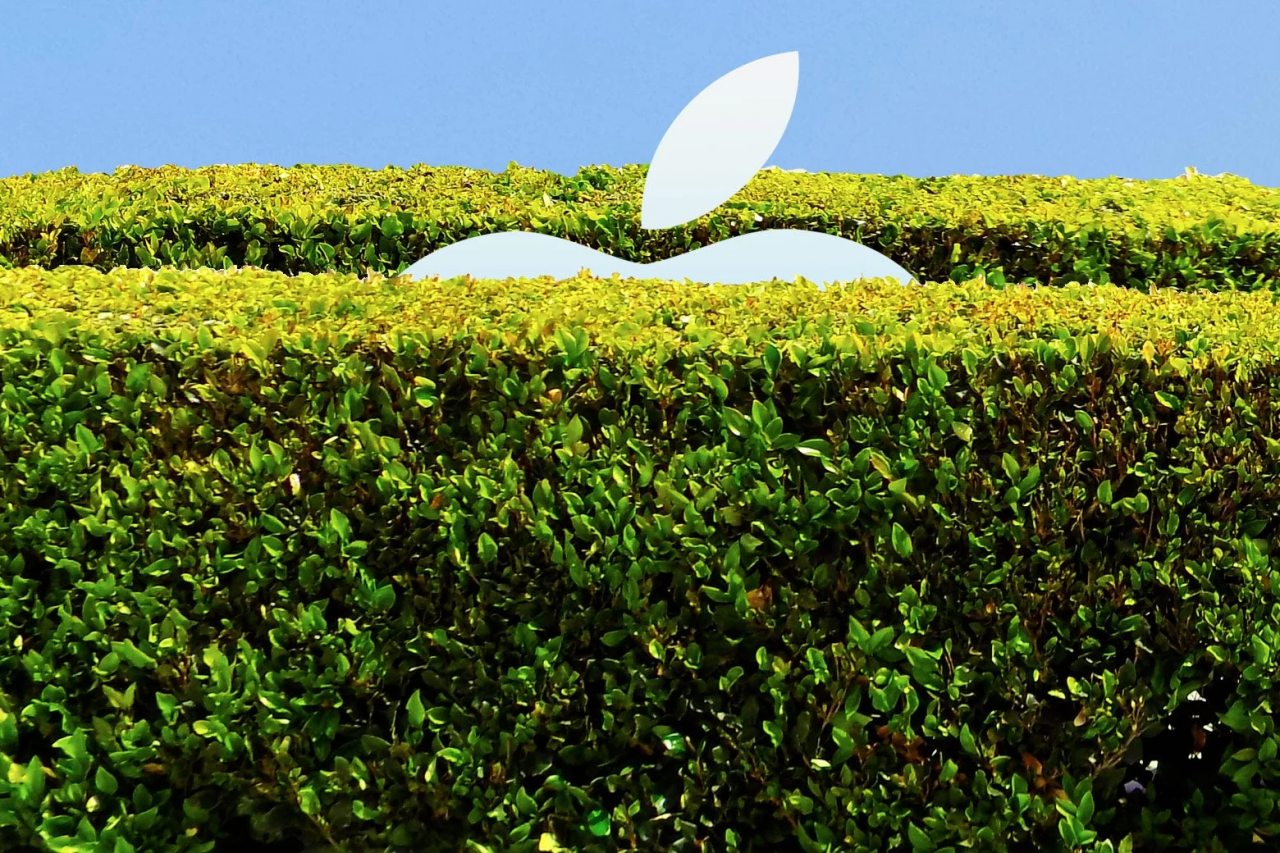
App developers in general may be cheering the news, having spent years arguing over Apple’s fees and its strict app review program that routinely rejects app updates. While regulators around the world are trying to force Apple to open up its platform, the January 25 change is the most drastic yet and offers a glimpse of what could happen if the U.S. adopts similar rules.
The change is limited to Europe and accounts registered in that region, rather than globally. It will be implemented in March in a new iOS update.
App Store Change Details
Apple said it would allow other companies to offer iPhone app stores in Europe, but only if they were authorized by Apple. The “bitten apple” would know which companies were operating which stores and could revoke their licenses if they were full of fraudulent apps or malware.
For users, this means apps installed from outside the App Store will show up in settings, along with information about where they were downloaded and when. When developers publish an app in Europe, they can choose which store to upload it to. Apple will “notarize” the apps, scanning them for malware or programming issues.
For companies like Spotify and Microsoft, which have expressed interest in distributing their apps outside the European App Store, the new rules don’t conflict with their plans, but Apple has put up barriers to make it harder to do so.
Apple is also allowing app developers to collect money directly from users. Previously, users could only buy virtual items like in-game coins through Apple’s billing system, which typically charged a fee of 15% to 30%. Now, developers can include credit card numbers in their apps or choose to link to their websites for users to pay.
However, Apple still has ways to collect fees and commissions from apps even if they have their own payment systems or are distributed through external marketplaces. If a developer chooses one of these external systems, Apple will automatically reduce its commission in Europe but add an installation fee for popular apps.
Specifically, the company will collect 0.50 EUR for the first install of applications with more than 1 million users to cover Apple's software development and application distribution costs. Core technology fees apply if the application is downloaded through a third-party marketplace or the App Store.
The DMA has been years in the making. Spotify was among the companies that lobbied hard for the law. Other areas of Apple could come under scrutiny as the European Commission continues to scrutinize its business practices, particularly around iMessage interoperability with rivals. Apple has also made changes to its digital wallet and web browser technology.
Epic Games CEO Tim Sweeney criticized Apple’s new plan as a “case of toxic compliance,” arguing that the new business terms entail “garbage” fees. Epic Games sued Apple for exclusivity in the US in 2020 and lost.
(According to CNBC)
Source






















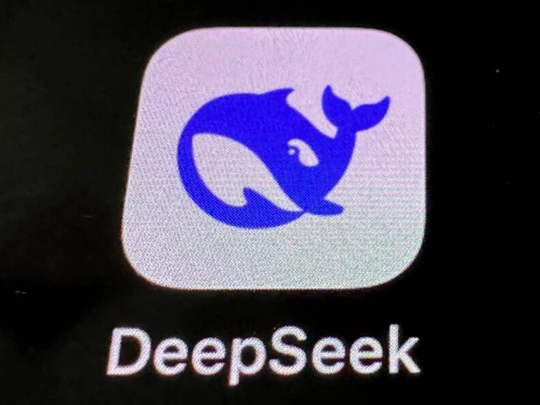


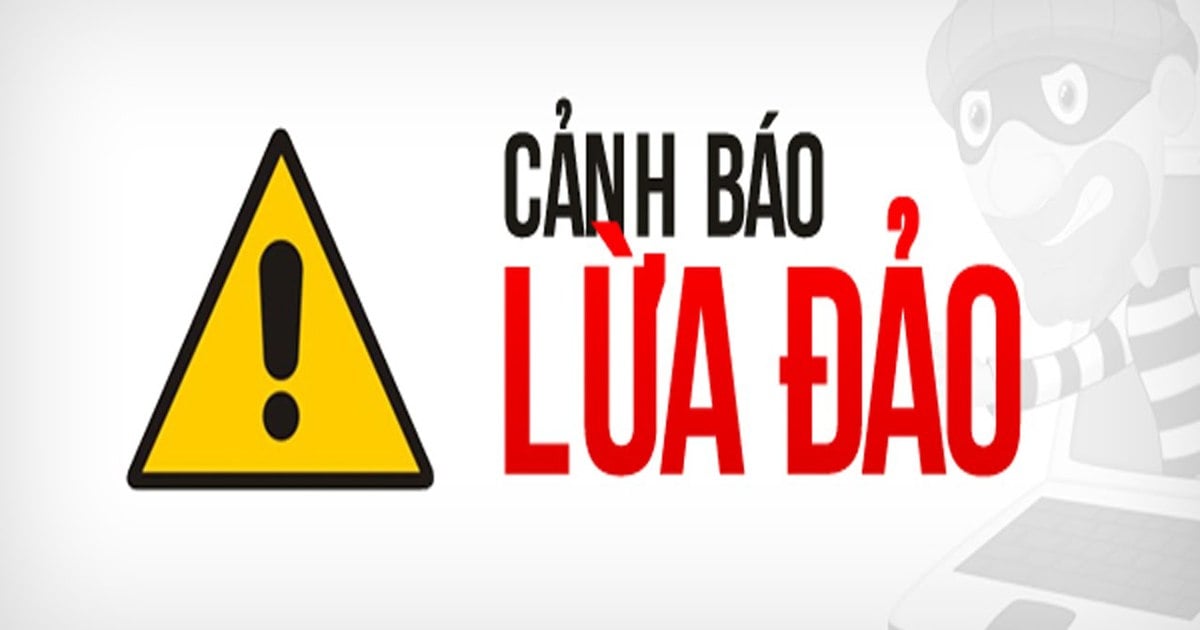


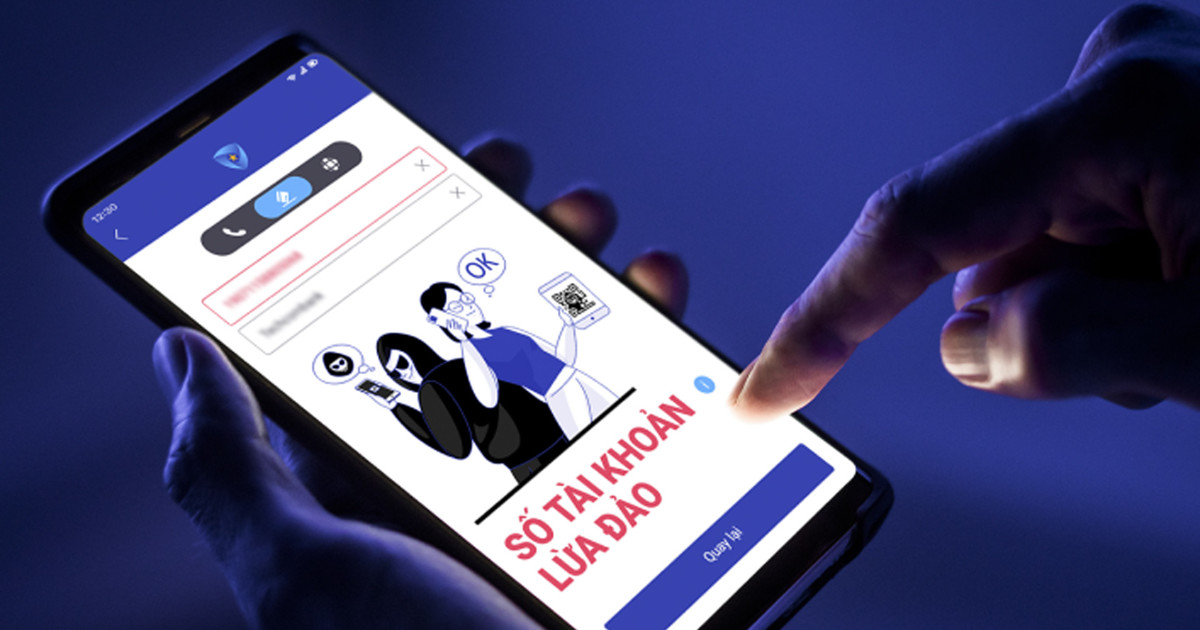
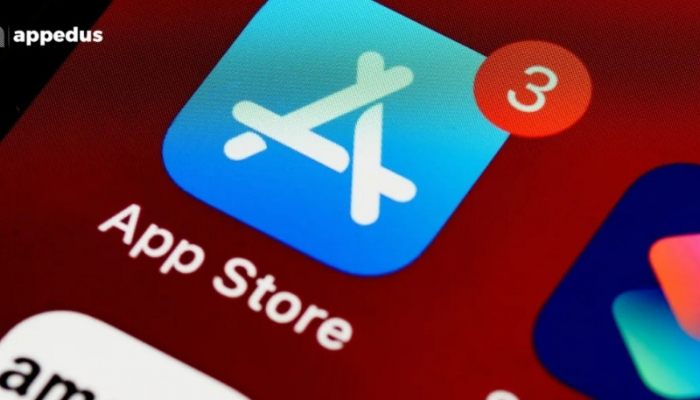














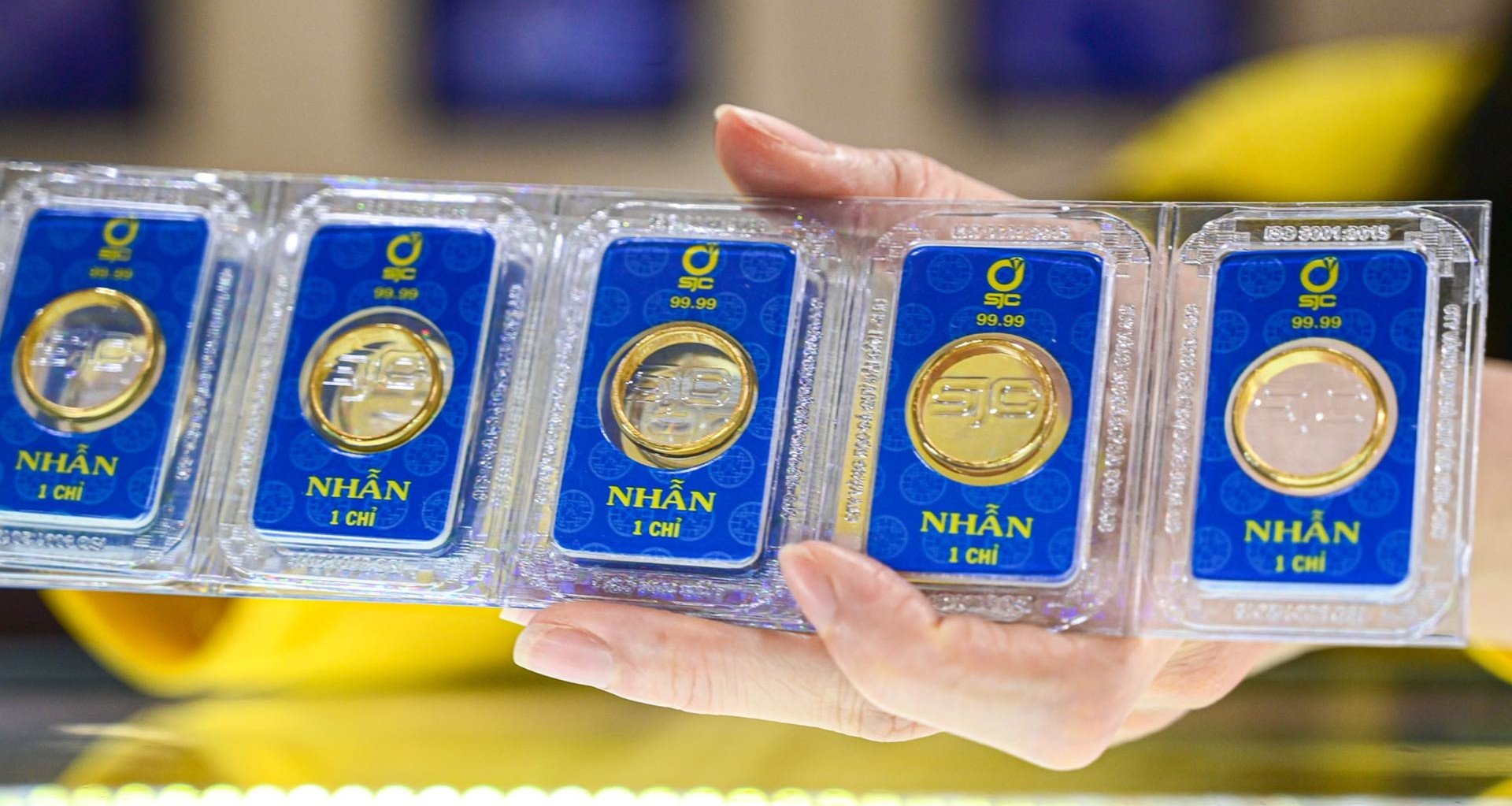














Comment (0)